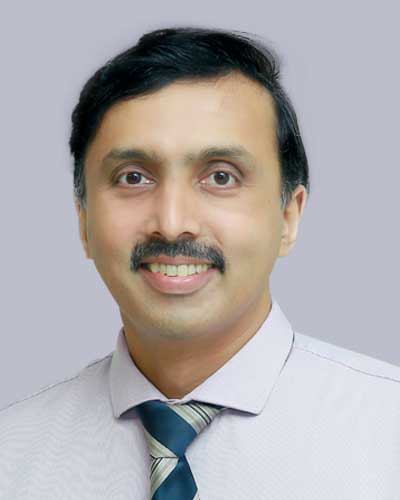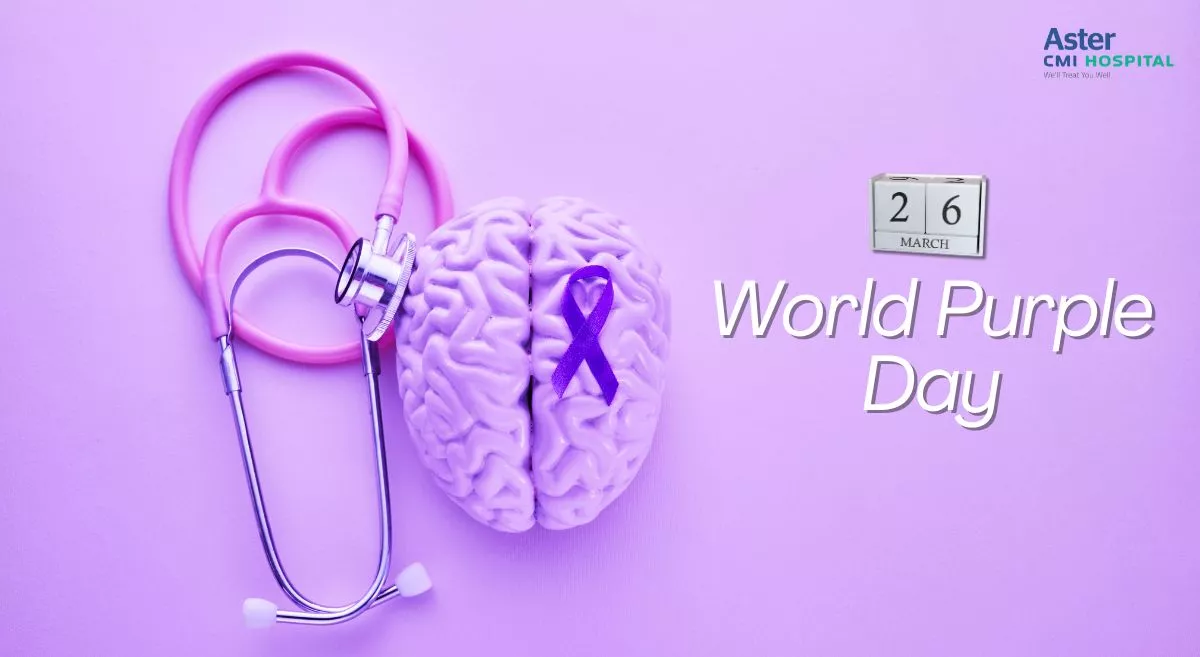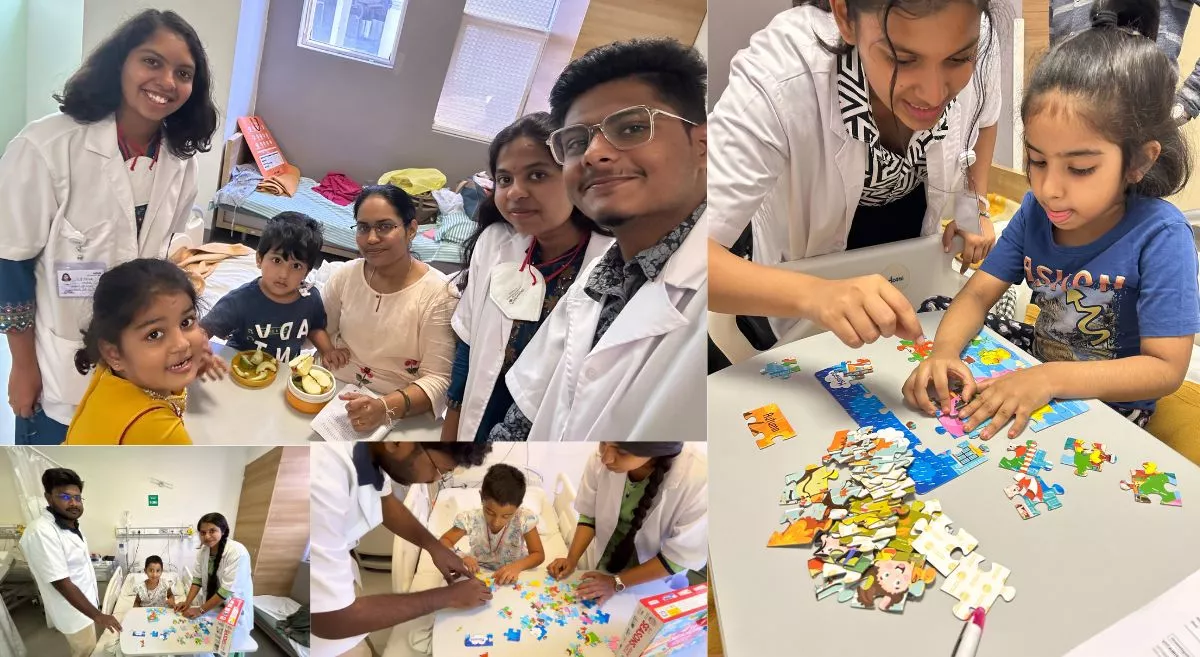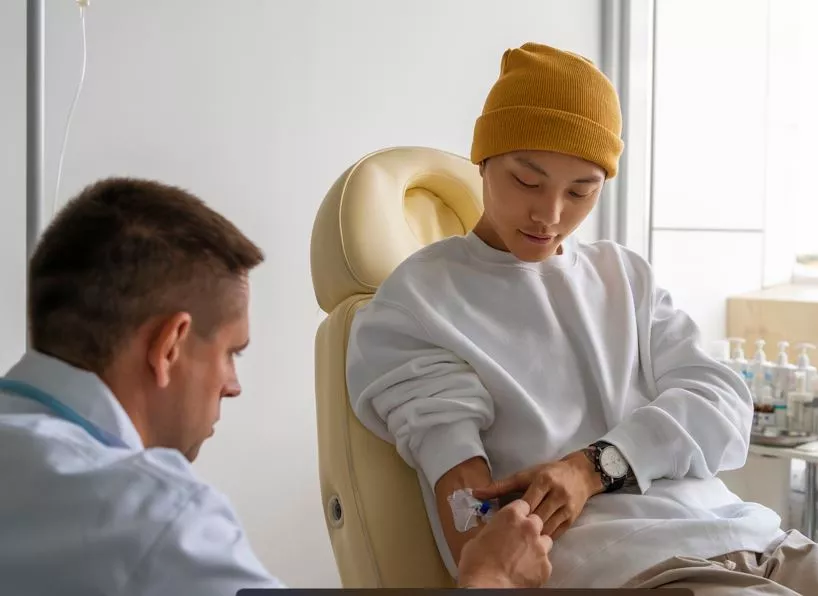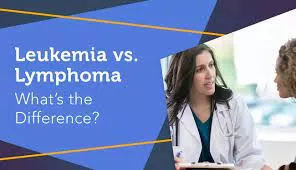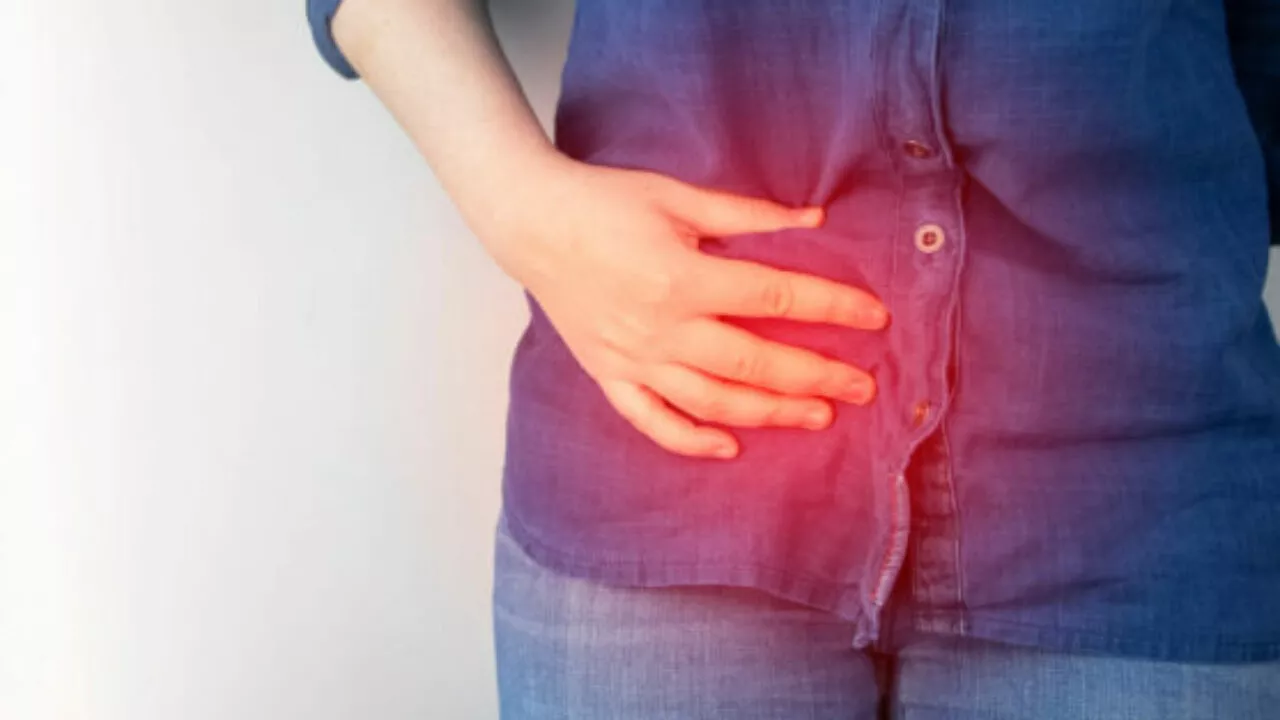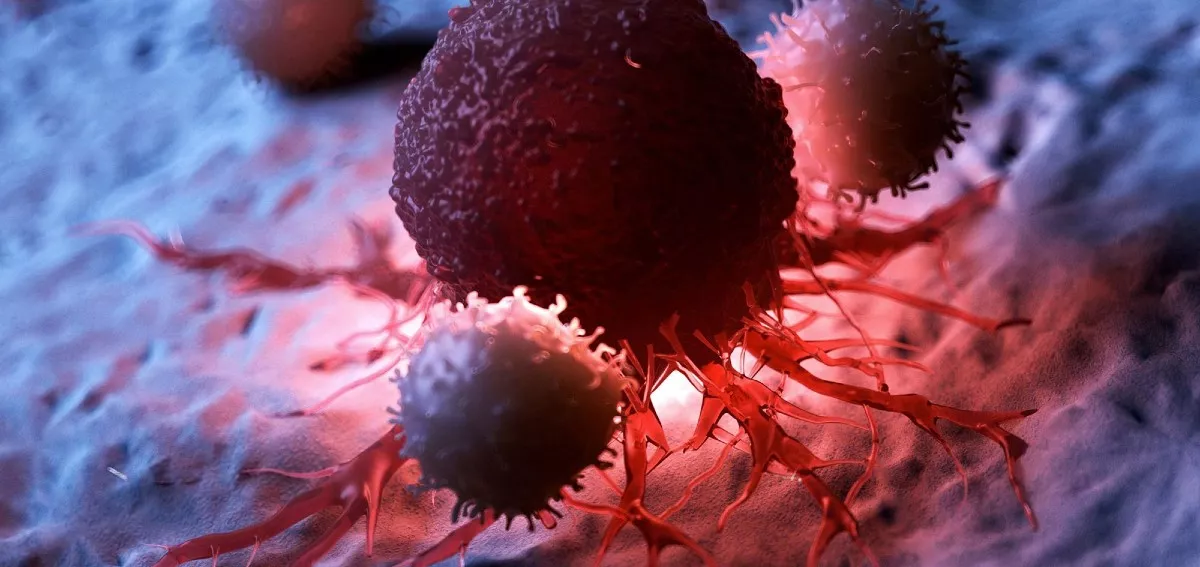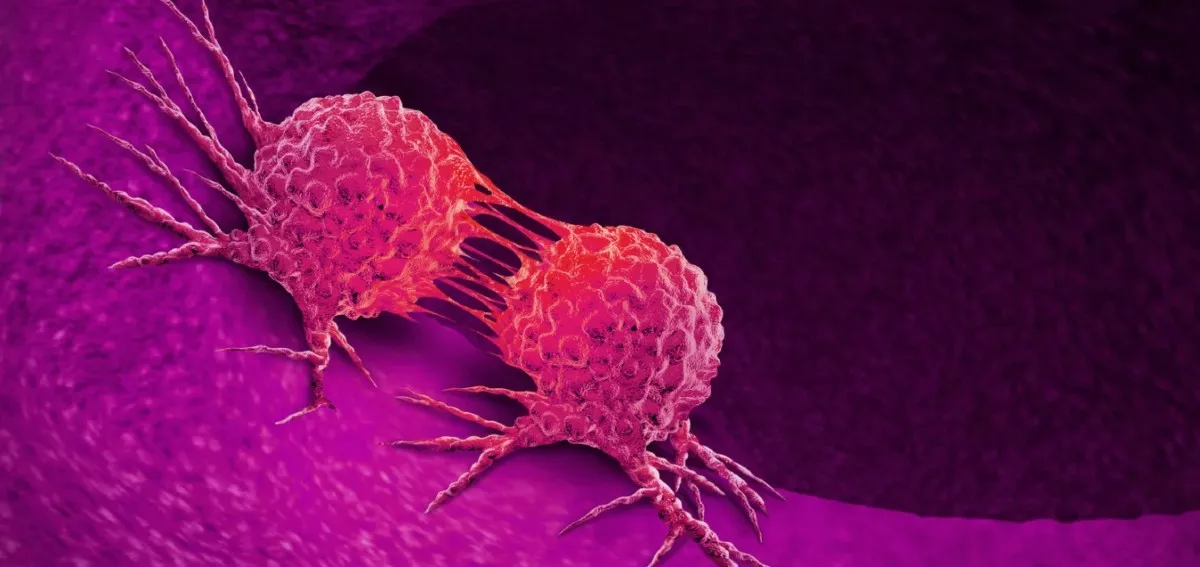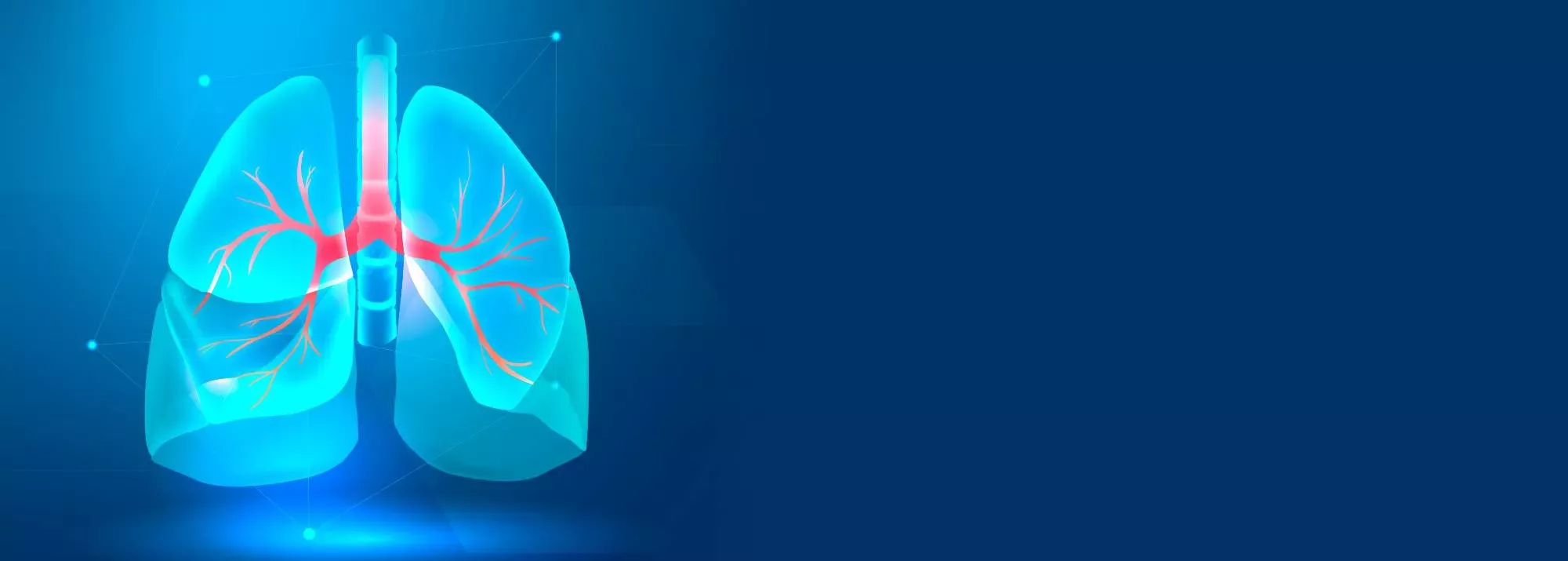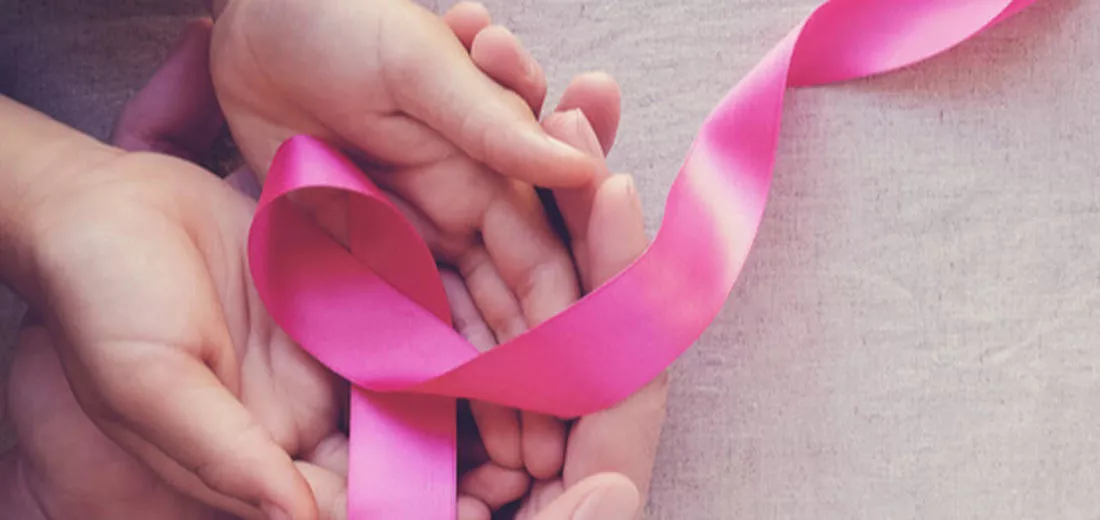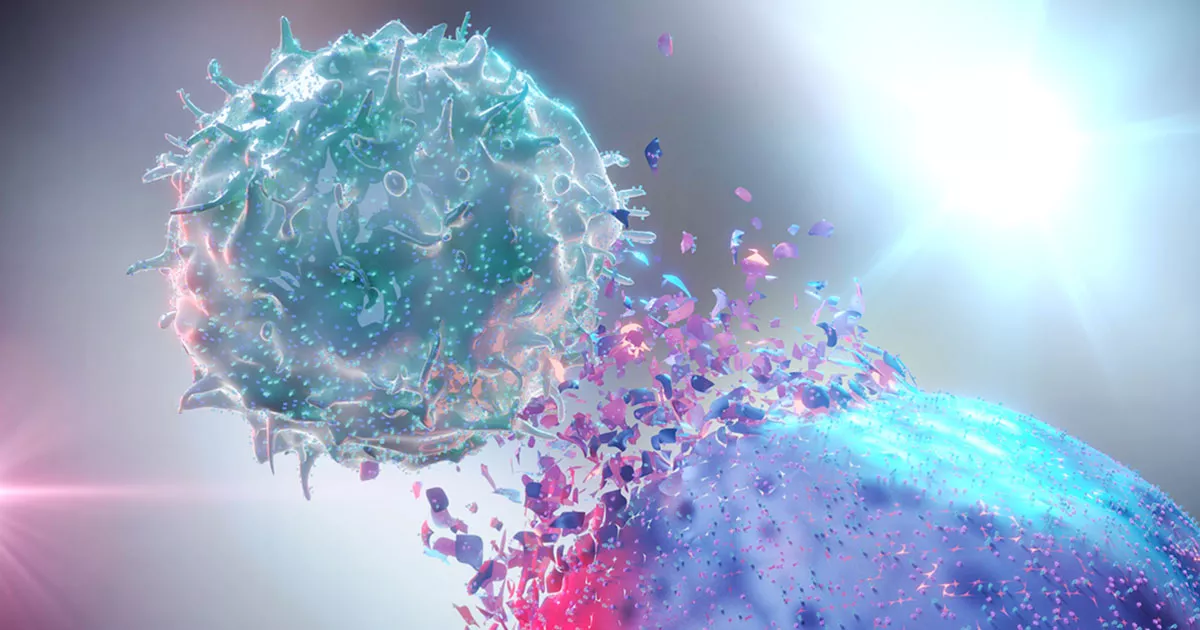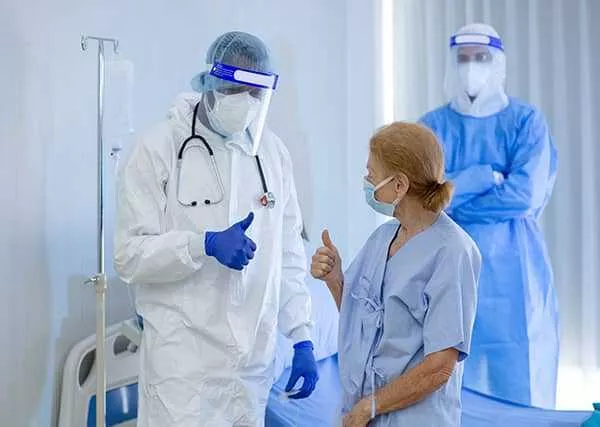Some example risk factors for diseases like breast cancer include the following. However, the presence of risk factors though many does not necessarily mean that you will contract it. Your food and activities can also put your breasts at some risk of cancer. Your breast cancer risk is also influenced by your living habits like whether you give birth, or take hormone pills.
- Alcohol and Breast Cancer Risk: The consumption of alcohol is said to increase one’s exposure to breast cancer. The more drinks, the higher your risk increases. The risk increases by 20% for people, who take two or three drinks each day.
- Breast Cancer Risk and Weight: However, women who pack on extra pounds during early menopause run a greater risk of getting breast cancer symptoms or even breast cancer itself. Ovary is the main source of estrogen until menopause following which it has been seen that postmenopausal fat becomes a chief source of this hormone. After menopause, higher levels of fat deposition increase oestrogen levels and subsequently the danger of developing breast cancer. Moreover, women with a high BMI have a higher blood-insulin level that is linked with different cancers including breast cancer.
- Physical Activity and Breast Cancer Risk: Regular physical activity, especially in women after menopause, can lower the chance of developing breast cancer. It is unknown how much activity is required, although even a few hours per week can be beneficial, with more preferred. Physical activity reduces risk by influencing body weight, inflammation, and hormone levels.
Adults should aim for 150 to 300 minutes of moderate-intensity activity per week 75 to 150 minutes of vigorous-intensity activity per week, or a combination of the two. More than 300 minutes is the best.
- Breast Cancer Risk and Childbearing: Women who haven't had children or who had their first kid after the age of 30 have a slightly greater overall breast cancer risk. Multiple pregnancies and getting pregnant at a young age can lower the chance of breast cancer.
- Breastfeeding and Breast Cancer Risk: Studies suggest that breastfeeding might slightly lower the risk of breast cancer, specifically if it continues for a year or more. However, in nations such as the United States, where extended breastfeeding is unusual, this has been difficult to examine. Breastfeeding may shorten a woman's lifetime menstrual cycles, equivalent to starting periods later or having early menopause.
- Birth Control and Breast Cancer Risk: Hormonal birth control methods may raise the risk of breast cancer. As an example:
- Oral contraceptives (birth control pills): Some studies show that women who use these tablets have a slightly increased chance of developing breast cancer than women who have never used them. This risk, however, appears to revert to normal following roughly 10 years of discontinuing the medications.
Healthy Lifestyle Choices and Breast Cancer Prevention:
Making good lifestyle choices not only reduces the risk of some cancers, but also the risk of other health problems such as heart disease, diabetes, and osteoporosis. While not all of these behaviours are directly related to the risk of breast cancer, they all support general health. Everyone should aim for the following:
- Regular physical activity: Get regular exercise. Maintain a healthy weight: Breast cancer patients who are overweight or obese should work on losing weight by reducing high-calorie foods and increasing physical activity.
- Consume fruits and vegetables: Aim for 212-2 cups of veggies and 112-2 cups of fruit each day, including a variety of vegetables such as dark green, red, and orange vegetables, as well as legumes.
- Choose whole grains: Opt for 100% whole grain foods like breads, cereals, brown rice, millet, and quinoa.
- Opt for healthy fats: Include "good" fats found in foods like olive oil, avocado oil, nuts, natural nut butter, olives, and avocados.
- Limit red and processed meat: Instead of beef, bacon and sausage, consider chicken, fish or beans for protein.
- Avoid sugary beverages: Choose water or unsweetened drinks over sugary drinks.
- Minimize highly processed foods: Reduce intake of fast food, packaged snacks, ready-to-heat foods, and candies.
- Minimize highly processed foods: Reduce intake of fast food, packaged snacks, ready-to-heat foods, and candies.
- Alcohol moderation: If you prefer to drink alcohol, limit yourself to no more than one drink per day for women and no more than two drinks per day for men.
- Quit smoking: Either quit smoking or don't start smoking at all.
These healthy choices can improve overall well-being and may help minimise the chance of breast cancer and other health problems.
- Organic Foods and Breast Cancer Risk: Some people prefer to eat organic foods. Organic meat, dairy, fruits, and vegetables, on the other hand, do not appear to lessen the incidence of breast cancer when compared to conventional meals.
- Organic Meat and Dairy: No scientific evidence has been found to link the use of growth hormones or antibiotics in traditional farming of animals to an increased risk of breast cancer.
- Organic Fruits & Vegetables: Organic plants are raised without the use of conventional pesticides. Conventional fruits and vegetables could include pesticide traces. A healthy diet should always include both organic and conventional fruits and vegetables. It's always a very good idea to get fresh (or frozen) conventional produce and properly wash and rinse it before eating.
Why visit Aster Medcity for Breast Cancer?
Aster Medcity the best cancer hospital in Kerala provides comprehensive and personalised breast cancer treatment. The Cancer Screening for Women package includes 37 essential tests as well as six consultations with competent doctors, one of which is complimentary. We provide individualised care for both men and women with breast cancer at Aster Medcity, adapting treatment plans to the precise kind and stage of the disease. Our dedication to breast cancer care excellence guarantees that patients receive the highest quality diagnostics, consultations, and therapies, giving them the best chance for excellent outcomes and enhanced quality of life.

